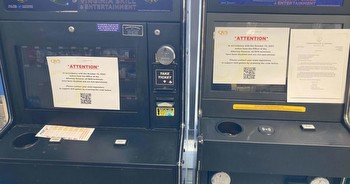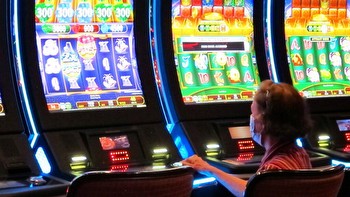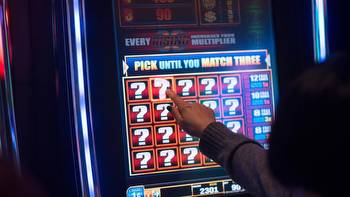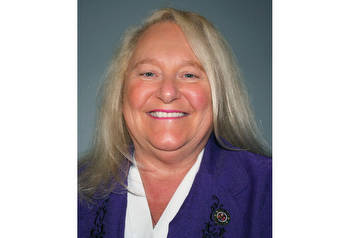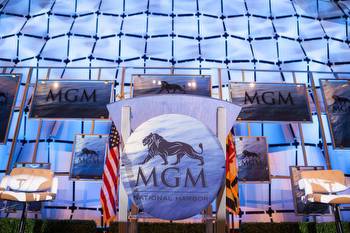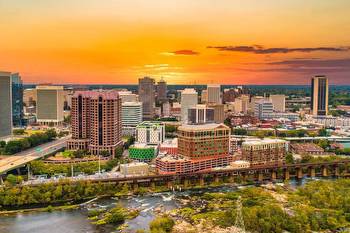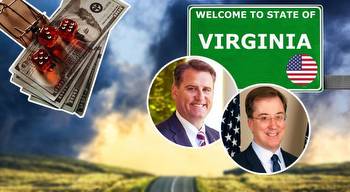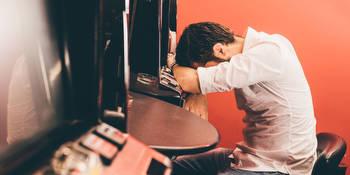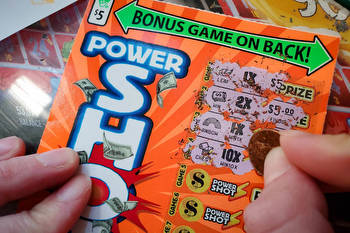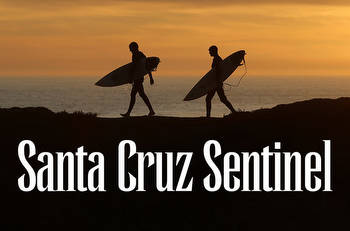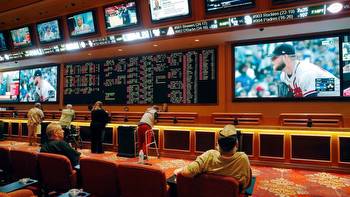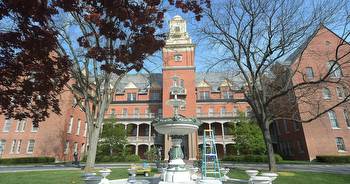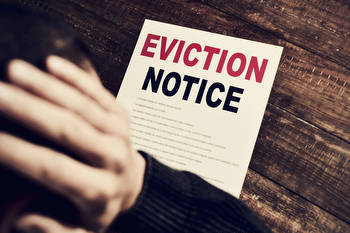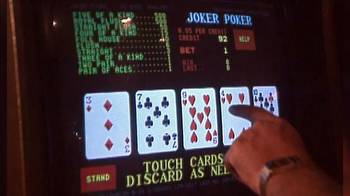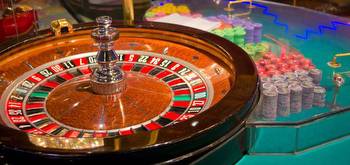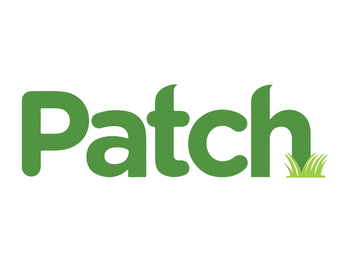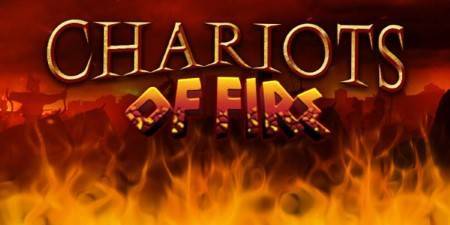With more gambling opportunities nearby, gambling addiction is likely to increase

Until recently, gambling in Virginia meant bingo, the lottery, backroom poker games, or office/social betting pools. It meant trips out of state to casinos in Maryland, Delaware, Atlantic City, or Las Vegas. For years, our main highway, U.S. Route 13, had buses transporting individuals daily between Norfolk and Atlantic City. However, in Virginia, gambling has changed. Sports betting for Virginians, 21 years or older, became legal in April 2020 and active in January 2021. With this, online sports betting apps became legal. One exception to sports betting is that bets on in-state Virginia college and university sports teams are not allowed.
With access to gambling growing, gambling addiction is likely to increase. In late 2021, Eastern Shore Community Services Board (ESCSB) was directed by the Office of Behavioral Health Wellness within the Virginia Department of Behavioral Health and Developmental Services, to conduct both an environmental scan around Problem Gaming and Gambling, as well as a Community Readiness Assessment. The purpose of the study was to capture the current state of gambling within communities across the Commonwealth – opportunities to participate, availability of gaming and gambling locations, community attitudes and perceptions around the various types of gambling, as well as resources and an understanding of the long-term impacts. Data collected, including that from the conversations with residents across Virginia, will develop a larger strategy around prevention and treatment programs. The National Council on Problem Gambling (NCPG) says addiction compromises, disrupts, or damages personal, family, or vocational pursuits. In the most severe cases, a problem gambler can face financial ruin, legal problems, loss of work, relationships, and even suicide. About 1% of U.S. adults meet the criteria for a severe gambling problem, and 2-3% are estimated to have a mild or moderate gambling problem, according to NCPG.
The local environmental scan found many opportunities to participate in gaming and gambling on the Eastern Shore from the Maryland state line to the Chesapeake Bay Bridge-Tunnel. Gambling opportunities and ads were present in restaurants, convenience stores, grocery stores, and retail stores. Many of the opportunities were through the Virginia Lottery, which offers Powerball, scratch-offs, Keno, and daily lottery drawings. Also available were bingo game nights, raffles, pull-tabs, and charitable poker events. A passive media scan was also conducted with youth and adults, which found a multitude of advertising for sports betting apps on television, radio, all social media platforms, and online games.
Gambling is more prevalent in our community than you may think. Be aware that problem gambling and addiction to gaming and gamling are on the rise.








